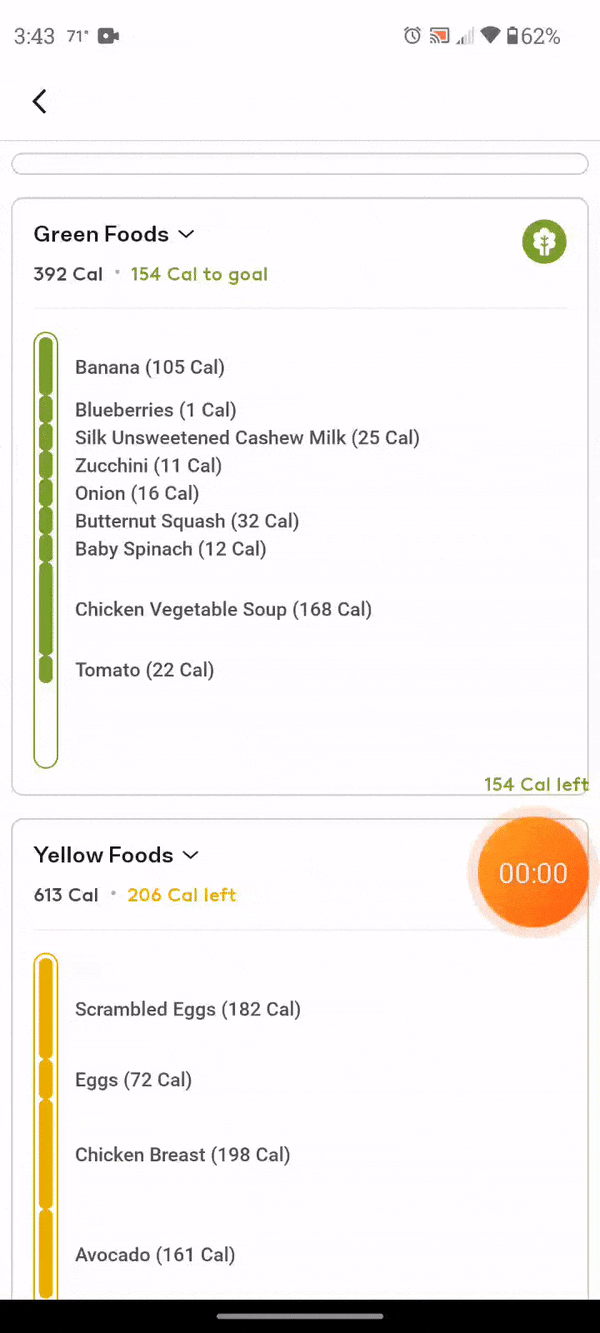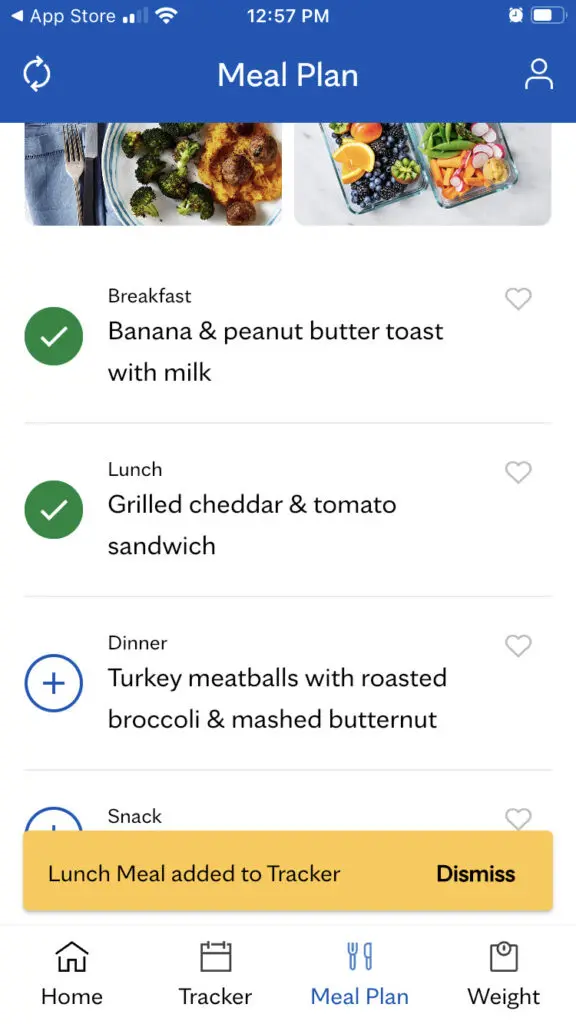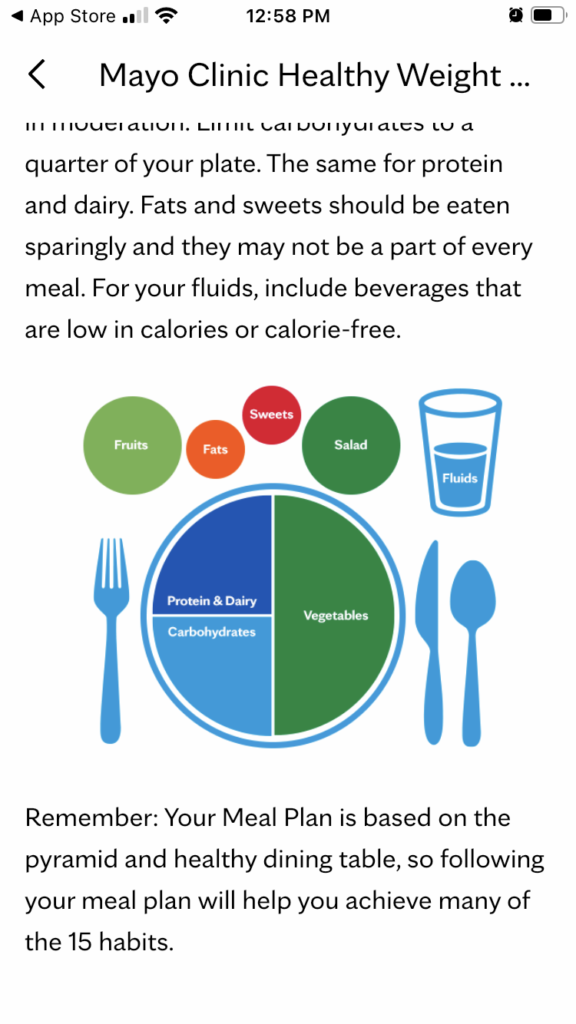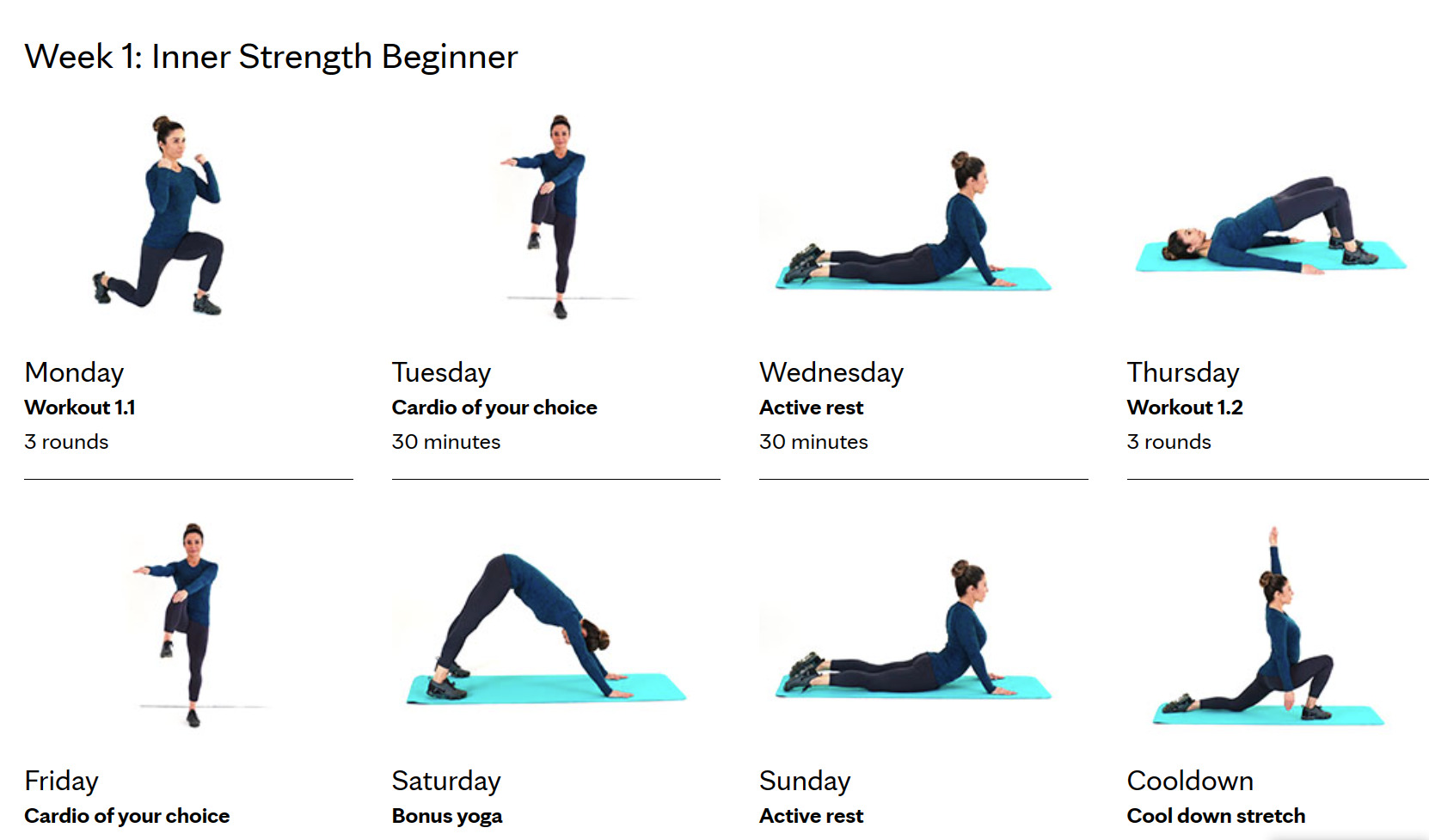Table of Contents
These products & services are researched and tested by HelpGuide’s independent consumer reviews partner. When you buy through the links, we earn a commission.
- Among the seven weight loss programs we tested, Noom came out on top as HelpGuide’s top pick for its food and health tracking, motivational lessons, coaching, and online communities.
- Weight loss programs range in price from about $10 per month to upwards of $900 per month, depending on whether they provide meals, weight loss coaching, and other services.
- The lowest-priced programs we tested include the Mayo Clinic Diet, Weight Watchers, Joggo, and Noom. Diet-to-Go and Nutrisystem are the priciest.
- The programs we recommend include education on nutrition and healthy lifestyle habits, credentialed health coaches, and a website and app that are easy to use.
Excessive weight and obesity are associated with chronic conditions like diabetes, heart disease, and cancer, as well as a range of psychosocial conditions such as depression and anxiety. Bringing your weight into a healthy range can lower your risk of all those conditions and improve your quality of life, but making permanent changes to eating and exercise habits is easier said than done—and weight loss programs can either help or hinder your progress.
That’s why our Handbook Team has researched and tested a number of programs to find out the potential benefits and if the program is worth the hundreds of dollars you’ll pay in annual membership fees. We’re here to provide unbiased information so you can make a knowledgeable decision for sustainable health.
My picks of the best weight loss programs
- Noom: Best overall
- Mayo Clinic Diet: Best for beginners
- Joggo: Best for runners
- Diet-to-Go: Best for meal variety
- Nutrisystem: Best for convenience
- DoFasting: Best for intermittent fasting
- WeightWatchers (WW): Best affordable program
HelpGuide Handbook’s testing methodology for weight loss programs
Our Handbook Team members subscribed to seven top weight loss programs as mystery shoppers. During that time, we did the following:
By becoming familiar with the websites and apps of each program and using them as a normal customer would, we were able to gain a detailed view of how easy (or hard) it was to follow the program in daily life.
Participating in online member communities and coaching sessions gave us insight into the type of support each program offered. And our focus groups and interviews with doctors, dietitians, nutritionists, and mental health experts helped us learn more about the connections between weight loss, physical health, and mental health.
One detail we focused on was the sustainability of each program. It’s vital that a successful weight loss program teaches you how to establish and maintain healthy habits for long-term weight loss, and not all companies are standouts at this skill.
From our tester
“There was a pattern in our research of people joining and losing weight, falling back into old patterns, regaining weight and coming back full circle.”
Our testing results, experiences of other customers compiled from interviews and surveys, and professional opinions of health experts have all informed the conclusions we’ve arrived at and share in this review of the best weight loss programs.
The Handbook
Healthy living, including a balanced diet and regular physical activity, is directly related to your mental health and overall wellness. Eating a well-balanced diet can help strengthen your bones and muscles, reduce symptoms of depression, and lower your risk of chronic diseases like heart disease or type 2 diabetes. Physical activity can ease symptoms of anxiety and depression, enhance your thinking, learning, and judgment skills, and help you sleep better.
We understand that weight loss can be an emotional subject. It’s often fraught with negative feelings that can directly impact your healthy living journey. Research shows shame, self-criticism, and social comparison can make it difficult for us to manage our weight and regulate our eating habits. Some weight loss programs can even exacerbate these feelings.
Our Handbook Team is here to offer our guidance and to help you find weight loss platforms that are supportive, positive, and fun to use.
The relationship between weight loss and mental health is often overlooked. For some, weight loss can bring positive experiences of confidence and accomplishment. For others, weight loss can lead to feelings of anxiety, despair, and hopelessness. It is important to consider how your mental health can be affected as you embark on a weight loss journey.
Karin Evans, registered dietitian nutritionist at Top Nutrition Coaching
There are considerable mental health benefits associated with healthy eating. But we know that with so many weight loss programs out there, it can be hard to know which one to choose. That’s why we’ve made it our mission to share the best information about the tools available. We’re invested in helping you find a weight loss plan that’s safe and supportive.
Through surveys, hands-on testing, interviews, and insights from healthy living experts, we’ve formulated a strongly informed perspective that we’re sharing with you here.
If you’re affected by an eating disorder or experience patterns of disordered eating, we suggest talking to a dietitian, therapist, or counselor who specializes in eating disorders before you enroll in any weight loss program.
Compare the best weight loss programs
| Program | Starting monthly cost | Services | Key points | Learn More |
|---|---|---|---|---|
| $17.50 | App-based program; Food and activity tracking; Recipes; Coaching | Program length: 1–12 months; Focus on mental health | Visit Site | |
| $19.99 | App and website; 6 meal plans; Recipes and shopping lists; At-home workouts | Program length: 3 months; No calorie counting; Focus on education | Visit Site | |
| $33 | Weekly meal plans; Customized training regimens | Program length: 2, 4, or 6 months; App does list the calories you eat and burn | Visit Site | |
| $138.99 | Website and social media communities; Professional coaching with a registered dietician; Meal plan delivery; Community support | Program length: weekly; Personalized menus; Competitive pricing | Visit Site | |
| $508.71 | Website and app; Meal delivery; Weight loss program | Program length: Monthly; 130+ menu options; Plans start at $12.14/day | Visit Site | |
| $38 | Website and app; Food and activity tracking; Workout routines; Weekly health report | Program length: 1, 3 and 6 months; Meal recommendations; Fasting timer; Water tracker | Visit Site | |
| $20 | WW app and website; Online community; 24/7 coaching; Educational content and recipes | Program length: 3 to 10 months; 3 different plan options | Visit Site |
The best weight loss programs reviews
Best overall: Noom
Best for beginners: Mayo Clinic Diet
Best for runners: Joggo
Best for meal variety: Diet-to-Go
Best program for convenience: Nutrisystem
Best for intermittent fasting: DoFasting
Best affordable program: WeightWatchers (WW)
How much do weight loss programs cost?
The cost of weight loss programs varies widely based on the level of support offered, credentials of the health professionals offering that support, and whether food is provided with the program. For instance, one of the least expensive programs is Joggo with an average price of $12 per month. It’s basically an automated system with little in the way of help from real people or health experts, but if you’re comfortable with a do-it-yourself plan, this is one way to save money.
At the other end of the spectrum is Nutrisystem, a weight loss program that can run up to nearly $400 per month but delivers every meal and snack to your door.
The length of membership you commit to also makes a big difference in the monthly cost for some programs. For instance, Noom charges $70 per month if you sign up for only one month, but $17.50 per month if you subscribe and pay for 12 months at a time.
Frequently asked questions
The surest and safest way to lose weight is to combine a healthy diet that includes a variety of whole foods with a program of regular exercise. Between the calories you take in with your diet and those you burn through exercise and daily activity, you’ll need to be in a calorie deficit to see weight loss, according to the Mayo Clinic. This means that you eat fewer calories than your body is burning each day. Adequate protein and fiber intake are also important to help ward off hunger between meals; a dietitian can help you find the right protein level for your body.
The United States Department of Agriculture recommends a weight loss rate of no more than 1–2 pounds per week.
Promises of more than 2 pounds per week of weight loss, a requirement to eat only foods provided by the program, and shaming of food choices or body weight in any way are all things to avoid when shopping for weight loss programs.
Bringing your weight into a healthy range helps both your body and mind. The physical benefits include minimizing your risk for diabetes, cardiovascular disease, certain cancers, high blood pressure, stroke, and sleep apnea, among other conditions. Even small weight loss, just 5 percent of your body weight, can result in marked improvements in health measures like blood glucose, triglycerides, and inflammation. These are all risk factors for the health conditions listed above, so lowering levels by losing weight also lowers your risk of the chronic diseases associated with obesity. In addition to physical health, research shows that weight loss offers a number of benefits for mental and emotional health.
Weight loss is a unique journey for every person, which means the best program for you might not be the best choice for someone else. Your lifestyle, budget, history with food and exercise, and even personality all affect which one is the best fit for you. Here’s what to think about when choosing the best weight loss program for you:
Your relationship with food
If you’re affected by an eating disorder or experience patterns of disordered eating, we suggest talking to a dietitian, therapist, or counselor who specializes in eating disorders before you enroll in any weight loss program.
If you experience feelings of guilt or shame associated with eating, it’s key to choose a program that encourages a healthy relationship with food, frequent meals rather than periods of fasting, flexible food choices, and a limited focus on calorie counting.
Also, look for a program that provides ongoing coaching for added encouragement and support. “An effective weight loss program should ideally offer behavioral support and coaching to address the emotional and psychological aspects of eating. Look for programs that provide guidance on portion control, mindful eating, and strategies to cope with emotional triggers for overeating,” says Chrissy Arsenault, a registered dietitian at Trainer Academy.
If you are currently struggling with an eating disorder or have unresolved thought patterns that negatively impact your relationship with food, seek the help of a physician, dietitian, or other qualified health care provider.
Your knowledge base
Are you familiar with nutrition, exercise, and weight loss strategies? Or do you consider yourself a beginner when it comes to weight loss? Some programs, such as the Mayo Clinic Diet, offer more education and support that can make all the difference if you’re new to weight loss.
Eating habits promoted by the program
A quality weight loss program will help you establish healthy eating habits to support you for the rest of your life. Beware of any system that teaches severe food restriction, labels foods as “good” or “bad,” or doesn’t provide a well-rounded variety of foods in your meal plan.
“Be wary of any programs that promise rapid, unsustainable weight loss or severely restrict entire food groups or certain foods,” says Arensault. “The nutrition plan should promote a focus on nutrient density and incorporate a balanced intake of carbohydrates, proteins, and fats, along with essential vitamins and minerals.”
- Centers for Disease Control and Prevention. (2022, May 17). Adult obesity facts. Link
- Sarwer, D. B., & Polonsky, H. M. (2016). The psychosocial burden of obesity. Endocrinology and Metabolism Clinics of North America, 45(3), 677–688. Link
- Ramìrez-Velez, R., Izquierdo, M., Kastro-Astrudillo, K., Medrano-Mena, C., Monroy-Dìaz, A.L., Castellanos-Vega, R., et al. Weight loss after 12 weeks of exercise and.or nutritional guidance is not obligatory for induced changes in local fat/lean mass indexes in adults with excess of adiposity. Nutrients. 12(8), 2231. Link
- Standard American diet. NutritionFacts.org. (n.d.). Link
- Mayo Clinic. Eating disorders. Link
- Fiorentino, T.V. (2022) Intermittent fasting and metabolic health. Nutrients. 14(3), 631. Link
- Centers for Disease Control and Prevention. Health effects of overweight and obesity. Link
- Magkos F., Fraterrigo G., Yoshino J., Luecking C., Kirbach K., Kelly S.C., et al. (2016) Effects of moderate and progressive subsequent weight loss on metabolic function and adipose tissue in humans with obesity. Cell Metabolism. 23(4), 591-601. Link
- Lasikiewicz L., Myrissa K., Hayland A, & Lawton C.L. (2014). Psychological benefits of weight loss following behavioural and/or dietary weight loss interventions. A systematic research review. 72, 123-137. Link
- Mayo Clinic. Healthy Lifestyle Weight Loss. Link
- United States Department of Agriculture. Interested in losing weight? Link


























